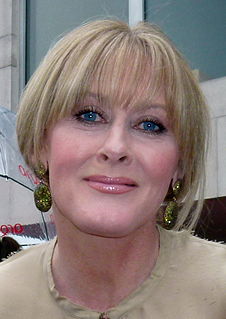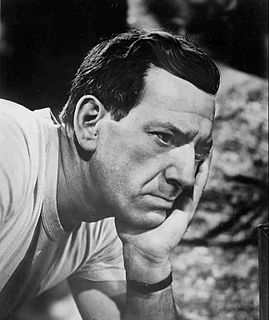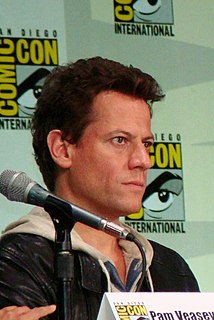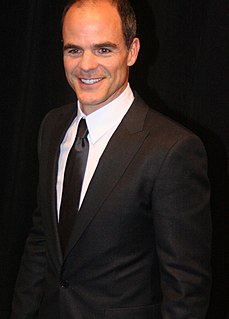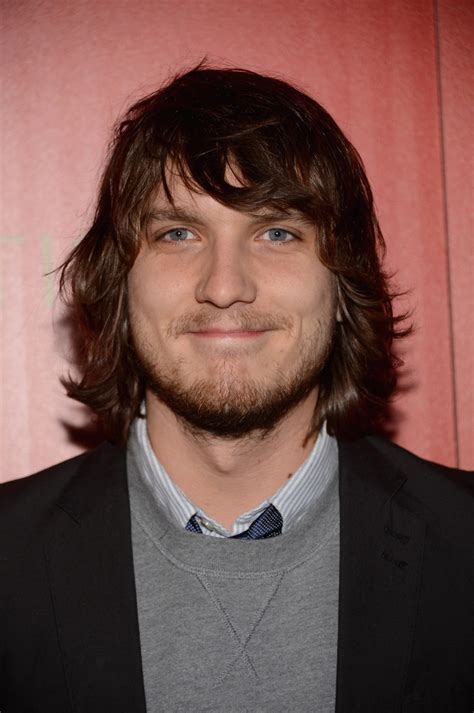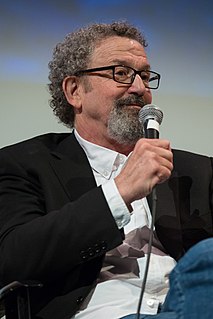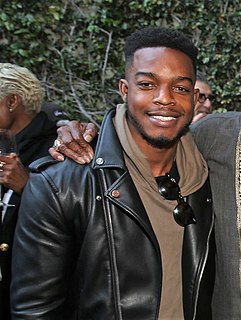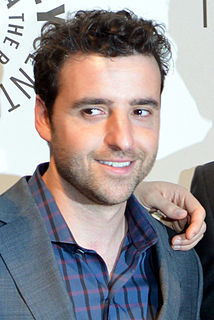A Quote by Sarah Lancashire
You start out with scripts pre-written, with no specific actor in mind, so you've got to build a character on top of that foundation. It's not just lifting words off the page, it's constructing a history around them as well.
Related Quotes
It's really an organic sort of process. You start off with the character on the page. You fall in love with that character and you have to represent that character well and I think it's just an evolution there. Using the accent and speaking the lines with the accent in fact opens the door to who the character really is.
Open Graph is a language for structuring content and sharing that goes on in other apps, and we're continuing to build it out longer term. But we found we need to build more specific experiences around categories like music or movies. Where we've taken the time to build those specific experiences, stuff has gone quite well.
I've had experiences where I wasn't allowed to change words around at all because you have to say everything, exactly as written on the page. That's not fun for me. For me, part of being an actor is being able to contribute to a character's rhythms. If there's room to explore, you find a happy medium.
As an actor, especially one who's worked in casting, you read so many scripts, and some of them are terrible. They're terrible and they're getting made, and some of them are good but the female role is just painful or underwritten. So after years of that, I had this idea kicking around in my head for two years, and I thought, I'm just going to start writing.
